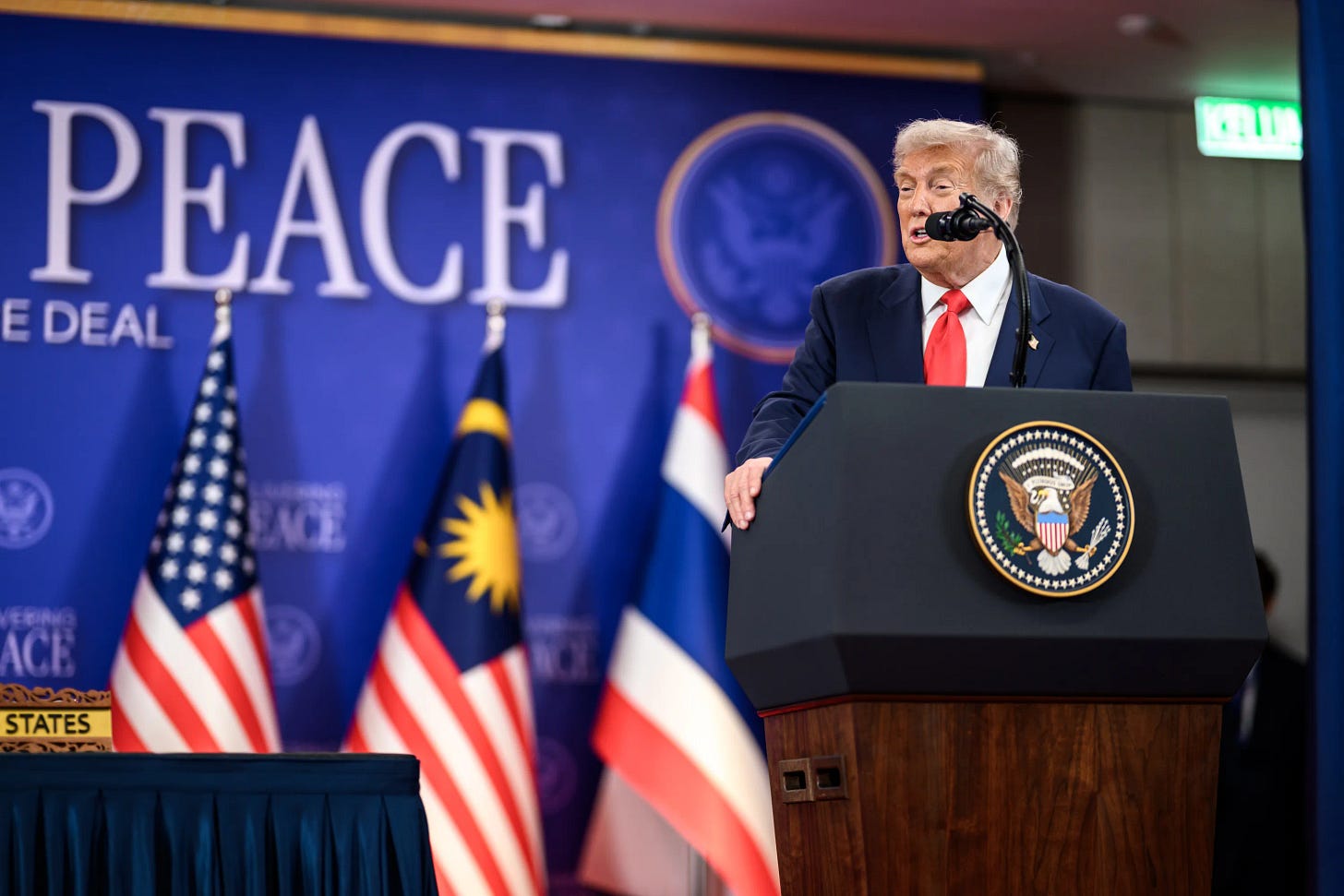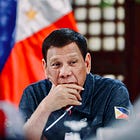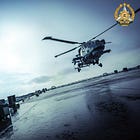Trump’s Asia swing: defending the US dominant role in trade and security
This piece is freely available to read. Become a paid subscriber today and help keep Mencari News financially afloat so that we can continue to pay our writers for their insight and expertise.
US President Donald Trump is in the neighborhood. Trump has embarked on a hectic six-day, three-nation trip to Asia, his first visit to the region since winning a second term. He will be attending the region’s two major annual gatherings of leaders: the Association of Southeast Asian Nations (ASEAN) Summit in Malaysia and the Asia-Pacific Economic Cooperation (APEC) Summit in South Korea.
Trump’s deal-making and in-person diplomacy will be put to the test in a region where the United States has many allies, partners, rivals, and potential adversaries. Trump has only one purpose during his Asian swing: to show the world who’s the boss. He will likely defend the United States’ dominant position in global security and economy, fending off China’s challenge.
Truth matters. Quality journalism costs.
Your subscription to Mencari (Australia) directly funds the investigative reporting our democracy needs. For less than a coffee per week, you enable our journalists to uncover stories that powerful interests would rather keep hidden. There is no corporate influence involved. No compromises. Just honest journalism when we need it most.
As soon as he landed in Kuala Lumpur, Trump immediately met with the leaders of the 11 Southeast Asian countries, forging six trade deals with four Southeast Asian states - Cambodia, Malaysia, Thailand, and Vietnam. The US kept its high tariff rates but extracted more concessions from Southeast Asian economies, particularly on. critical minerals. The tariffs on three Southeast Asian countries – Cambodia, Malaysia, and Thailand – remained at 19 percent. It kept Vietnam’s exports at 20 percent.exports. Hanoi also promised to narrow the trade gap after it had registered a $123 billion trade surplus with Washington.
Trump’s deal with Kuala Lumpur on rare earth minerals eased pressure on China’s restrictive export controls on its refining technology. China has controlled the global trade on critical minerals, widely used in semiconductor chips, electric vehicles and military equipment. Trump needed the precious minerals to sustain its missile defense after he unveiled an ambitious “Golden Fleet” initiative to keep its maritime force more lethal, arming its vessels with more missiles.
The US envisioned to build a fleet of next generation vessels, which are larger, heavier, and more powerful to face growing threats from China. Washington has been using its alliances with Asian states to increase its presence and activities in the region and contain Beijing.
It has also pushed for more multilateral military cooperation through the QUAD, AUKUS, SQUAD and JAPUS mechanisms, deepening the alliances with like-minded countries to counter China’s expansion in the region. In 2021, Washington announced an Indo-Pacific strategy, a road map to deter China, its chief rival that has the capacity to change international order.
The US main objective was to keep its global strategic superiority and economic leadership. It has also divided the countries in the region into two groups - allies and partners on one side and rival and adversaries, on the other. This is counter production, undermining ASEAN’s centrality and neutrality. The US security and economic interests could contradict ASEAN’s own “Indo-Pacific Outlook”, adopted in 2019 which acknowledges the need to strengthen ASEAN centrality while addressing common challenges in the region.
ASEAN has not taken any side between the US and China. However, there were efforts by the US and its Western allies to pull countries in the region to their side by increasing large-scale training and exercises with some ASEAN states, particularly the Philippines. Though these activities may have some benefits to ASEAN states, it implies rising rivalry with China, contradicting ASEAN’s goal of improving relations with a major trading partner.
Therefore, it is extremely important for countries in the region to remain neutral and avoid taking side with either China or the US. Trump’s first Asian trip on his second term clearly demonstrated Washington’s economic and security agenda. It has no intention to relinquish its global dominance to rival China.
The opinions expressed are those of the author and do not necessarily represent the views of this publication.
Got a News Tip?
Contact our editor via Proton Mail encrypted, X Direct Message, LinkedIn, or email. You can securely message him on Signal by using his username, Miko Santos.
Sustaining Mencari Requires Your Support
Independent journalism costs money. Help us continue delivering in-depth investigations and unfiltered commentary on the world's real stories. Your financial contribution enables thorough investigative work and thoughtful analysis, all supported by a dedicated community committed to accuracy and transparency.
Subscribe today to unlock our full archive of investigative reporting and fearless analysis. Subscribing to independent media outlets represents more than just information consumption—it embodies a commitment to factual reporting.
Not ready to be paid subscribe, but appreciate the newsletter ? Grab us a beer or snag the exclusive ad spot at the top of next week's newsletter.







